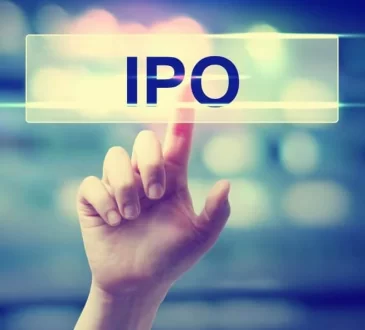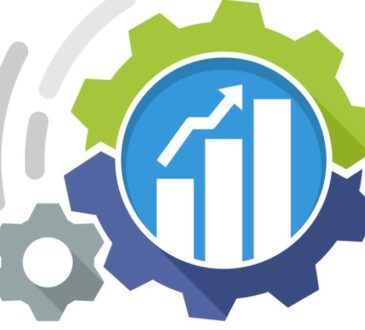
For some people, the stock market is a very mysterious beast to tame. It’s a very puzzling maze that some would choose not to get involved, if they can help it. Even though there are a lot of people who have gotten rich because of the stock market, many others still think that it’s not a safe investment. And the biggest reason for such a belief is the unpredictability of the stock market.
Why is the stock market difficult to predict?
There are many reasons why the stock market is difficult to time to predict.
Simply put, investors know that one way or another the stock market will tumble down and stock prices will fluctuate. What they don’t know is what could trigger such movements, as well as to what extent.
This compels some to stay on the sidelines and wait until they can finally get in. There are also those who are willing to risk it and jump in, since the return on plain cash is so low and it’s just too bad to earn zero while seeing stocks moving higher.
However, if one is on the sidelines, he won’t know exactly when to get in. And if one’s already in, when’s the best time to get out?
These questions would easily be answer were the stock market predictable. In these scenarios, there are three main forces at work, namely, the stock valuation, the trigger, and the human decision-making workings.
Stock Valuation
For fundamental analysts, there is this thing called “intrinsic value,” which is simply referring to the actual value of a stock. The stock’s intrinsic value may or may not be the same as its current market value. It may be higher and it may be lower.
Investors typically want to buy undervalued stocks, which are those that have lower market prices than their intrinsic values. Once they acquire the stock, all they have to do is to wait until the market reflects the real value of the stock.
On the hand, investors try to avoid stocks that have higher market prices than their intrinsic value, or those that are called overvalued stocks.
The problem lies in the fact that no one can be entirely sure of the stock’s intrinsic value. No one also knows when the market will reflect the stock’s intrinsic value.
The Trigger
Knowing which event will trigger the next fluctuation of a stock’s price is like trying to know which alien will next visit the earth in a hundred years or so. In other words, it’s practically impossible to be 100 percent sure about the trigger.
Human Decision
Every person/investor has a different way of thinking, applying different logic and emotion. People analyze a situation differently from one another and that means investors may react to various things in the stock market in a thousand different ways.
Different investors also have different ways of assessing their decisions. And in many cases, there’s some form of bias involved in the decision making process.




